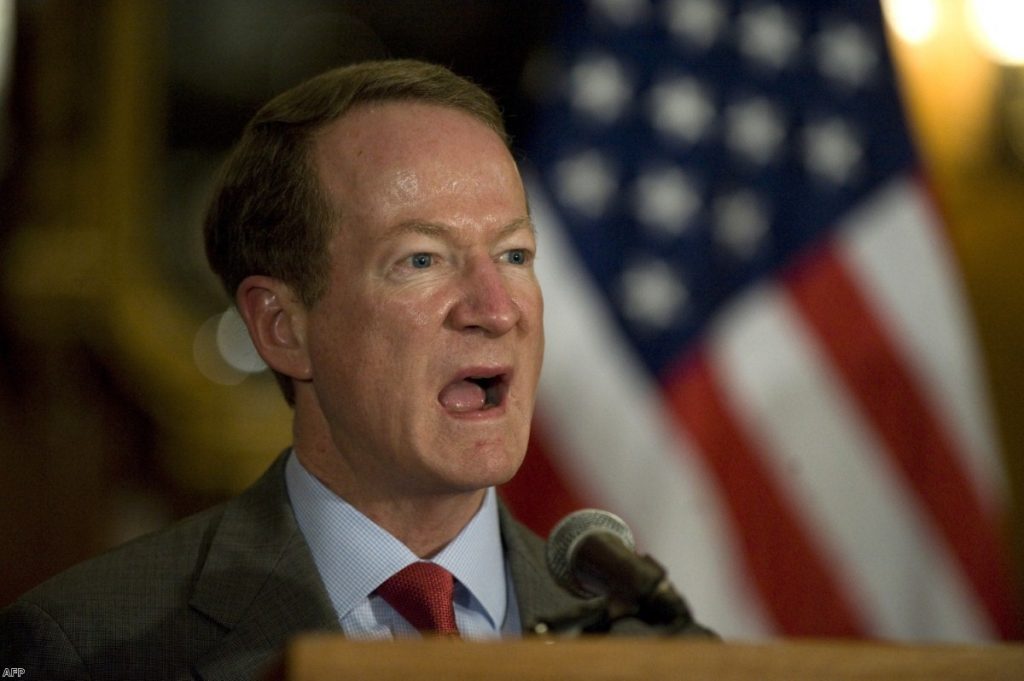Desperate scenes as drug law enforcers try to preserve the status quo
Last week, a little-noticed press conference took place at the UN. William R. Brownfield, boss of the Bureau of International Narcotics and Law Enforcement Affairs, which advises the US president on drug policy, sat down with several foreign journalists, and said something which would have been unthinkable a few years ago.
He told reporters that the 1961 UN convention on drugs – which has been the legal framework for global drug prohibition for half a century – allows for the legalisation of "entire categories of narcotics.
This is equivalent to being told the speed limit is merely a piece of advice or that robbery is frowned upon, but not illegal. What was once solid is melting into air.
How times change. When Uruguay voted to legalise cannabis last December, a note was sent through the permanent mission before the United Nations in Vienna warning it that "the planned legislation on cannabis, if approved, would constitute a violation of the treaties on international drug control, in particular the 1961 Convention".


The UN's International Narcotics Control Board (INCB), which acts as global policeman for the mandatory enforcement of drug laws, said: "Such initiatives, if pursued, would pose a grave danger to public health and well-being."
This is how it's always been. The INCB used the 1961 convention to substantiate its attacks on national governments pursuing liberal approaches to drugs. Just a year after the convention was signed, it boasted: "All non-medical use of narcotic drugs, such as opium smoking, opium eating, consumption of cannabis (hashish, marijuana) and chewing of coca leaves, will be outlawed everywhere."
And then something changed. It wasn't the experiments by Latin countries like Uruguay, or the desperate calls from those ravaged by the drug war, like Mexico and Guatemala. They can all safely be ignored by the world's political class. What changed was that the US started experimenting with drug policy.
Brownfield admits as much during the press conference:
"How could I, a representative of the government of the United States of America, be intolerant of a government that permits any experimentation with legalisation of marijuana if two of the 50 states of the United States of America have chosen to walk down that road?"
Good question.
Brownfield then proceeds to ret-con half a century of international drug law. Suddenly, claims that the UN convention mandates drug prohibition are gone. Instead it is merely committing signatories to reducing drug use, through whichever means they choose.
"We are all required to abide by the conventions that we ourselves have ratified. But the conventions are not rigid. The conventions were written more than 50 years ago. We are allowed to interpret them so long as our interpretation is still consistent with our universal desire to reduce the misuse and abuse of harmful products throughout the world."
Brownfield maps out how he wants the international community to proceed on drug policy. Point three is startling:
"Third, to tolerate different national drug policies, to accept the fact that some countries will have very strict drug approaches; other countries will legalise entire categories of drugs."
As the status quo on global drug policy falls apart, its proponents have been forced into a rearguard defence. First they retreat, then they try to draw new lines in the sand. Not so long ago, Brownfield's comments would have been unthinkable. Now, he is frantically trying to redefine the convention in a bid to preserve at least the super-structure of the legal framework. They are desperate. The debate has gotten away from them. It is remarkable how fast it is all unravelling.
The first question from the gathered journalists came from a Mexican reporter. This is what he asked:
"As you know, in Mexico we are now facing yet another massacre, and – where 43 people are disappeared and presumed dead. At least six are dead. And once again, it's the collusion – as the evidence is appearing slowly, it's the collusion again of government and military and narco-traffickers and both state, local, and maybe federal-level issues. And all this debate has been going on in Mexico and it has been intensifying.
"The question is: At what point – or what can we – what would you tell Mexicans right now in terms of why the policy that the United States and the Mexican government jointly are pursuing and have been pursuing for over – at least, this version of it – almost a decade – why do you think it – how would you convince them that it’s working at this point? We have 80- to 100,000 dead, 25,000 disappeared. It's getting a little – the conversation on the streets, at least, are where's the change, where's the difference, where are the results."
If Brownfield wants clues about why global public and political opinion has turned its back on the status quo, he should have listened very clearly to that question. It is a testament to the utter failure of the drug war after 50 years of human and financial waste.












